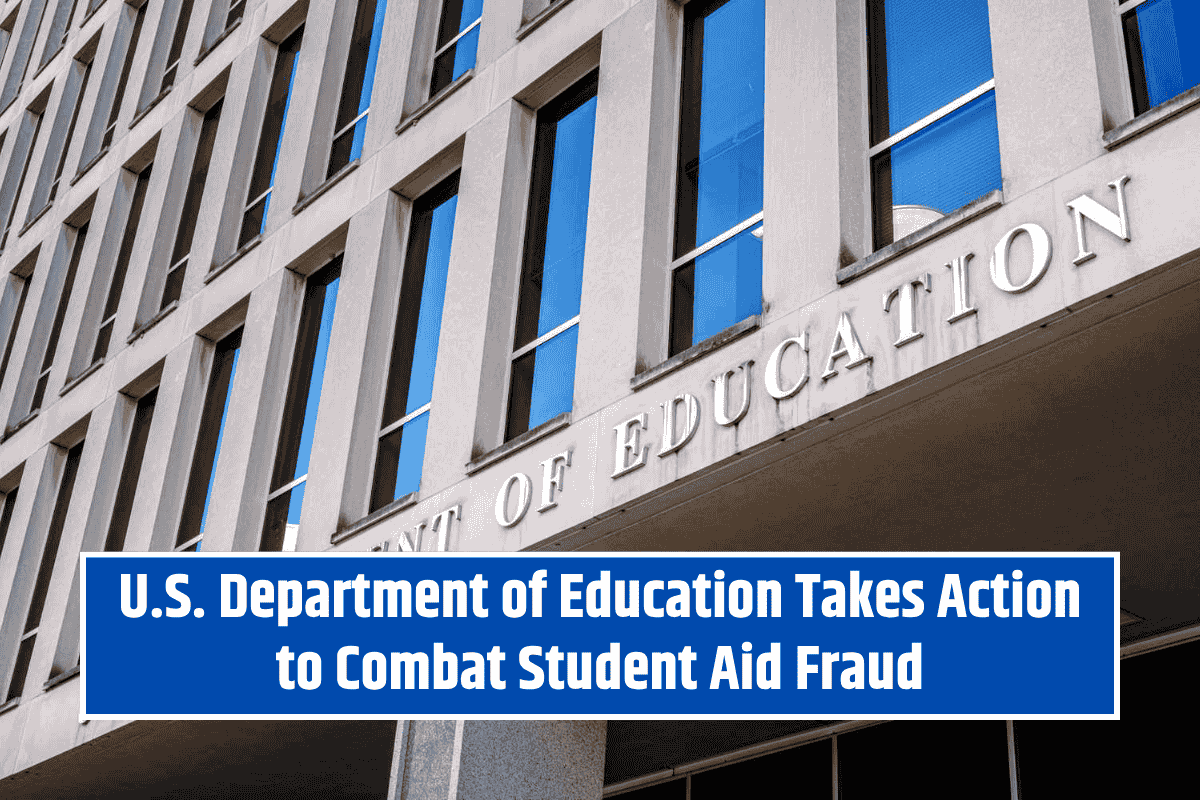The U.S. Department of Education’s Office of the General Counsel (OGC) has initiated an investigation into the University of Pennsylvania (UPenn) over concerns about inaccurate and incomplete foreign funding disclosures. The investigation comes after a review of the university’s reports revealed discrepancies in its foreign funding disclosures under Section 117 of the Higher Education Act of 1965. This law requires U.S. colleges and universities receiving federal financial assistance to report any foreign source gifts or contracts valued at $250,000 or more annually to the Department of Education.
Table of Contents
What is Section 117 of the Higher Education Act?
Section 117, which was added to the Higher Education Act in 1986, mandates that postsecondary institutions disclose gifts, contracts, or agreements from foreign sources worth $250,000 or more. This requirement is in place to promote transparency and protect national security and academic integrity. Institutions must submit semiannual reports by January 31 and July 31 each year, detailing these foreign transactions. The law aims to monitor and mitigate foreign influence in U.S. higher education, ensuring that universities remain independent and focused on the well-being of American students and taxpayers.
UPenn’s Noncompliance History
The University of Pennsylvania has a troubling history regarding its compliance with Section 117. Despite the long-standing legal requirement to disclose foreign funding, UPenn did not report any foreign gifts or contracts until February 2019. Acting General Counsel Tom Wheeler emphasized that while the previous administration relaxed enforcement of these disclosure rules, the current administration is determined to enforce the law and ensure transparency from universities regarding foreign funding. Wheeler stated that the OGC would thoroughly investigate UPenn’s actions, ensuring that foreign interests are not infiltrating U.S. campuses without public knowledge.
The Investigation and Required Records
As part of the ongoing investigation, the Department of Education has requested that UPenn provide a range of documents within the next 30 calendar days. These include, but are not limited to, tax records from January 1, 2017, to the present, and details on the university’s procedures for ensuring compliance with Section 117. UPenn is also required to submit written agreements with foreign governments, foreign educational institutions, and non-governmental entities regarding international student admissions, research collaborations, and faculty involvement. The Department is seeking a complete list of all foreign gifts, grants, and contracts received by the university from January 1, 2017, through the present.
The Department of Education also wants detailed records related to university personnel who have assisted international students with F-1 visas, work permits, and travel. Additionally, the university must provide identification of all research personnel involved in collaborations with foreign research institutions, including foreign governments and corporations.
Other Investigations into U.S. Universities
The Department of Education’s investigation into UPenn follows similar actions taken against other major universities. The Department recently issued a Section 117 records request to Harvard University and launched an investigation into the University of California, Berkeley, after discovering issues with their foreign funding disclosures. These investigations highlight the Department’s growing focus on ensuring transparency in foreign funding and its potential impact on U.S. higher education.
The Impact of Foreign Funding on U.S. Universities
Foreign funding in U.S. universities has been a subject of increasing scrutiny due to concerns about national security and the potential influence of foreign governments on academic and research activities. The Department of Education’s investigation is part of a broader effort to ensure that universities remain accountable for the foreign money they receive and that they adhere to the legal requirements set forth in Section 117. Failure to comply with these regulations could result in serious consequences for universities, including civil actions or the loss of federal funding eligibility.
The U.S. Department of Education’s investigation into the University of Pennsylvania serves as a reminder of the importance of transparency and compliance with federal regulations. By ensuring that universities disclose foreign gifts and contracts, the Department seeks to protect the integrity of higher education and safeguard national security. As investigations into other universities like Harvard and UC Berkeley continue, the Department is sending a clear message that foreign influence in U.S. campuses will be closely monitored.


